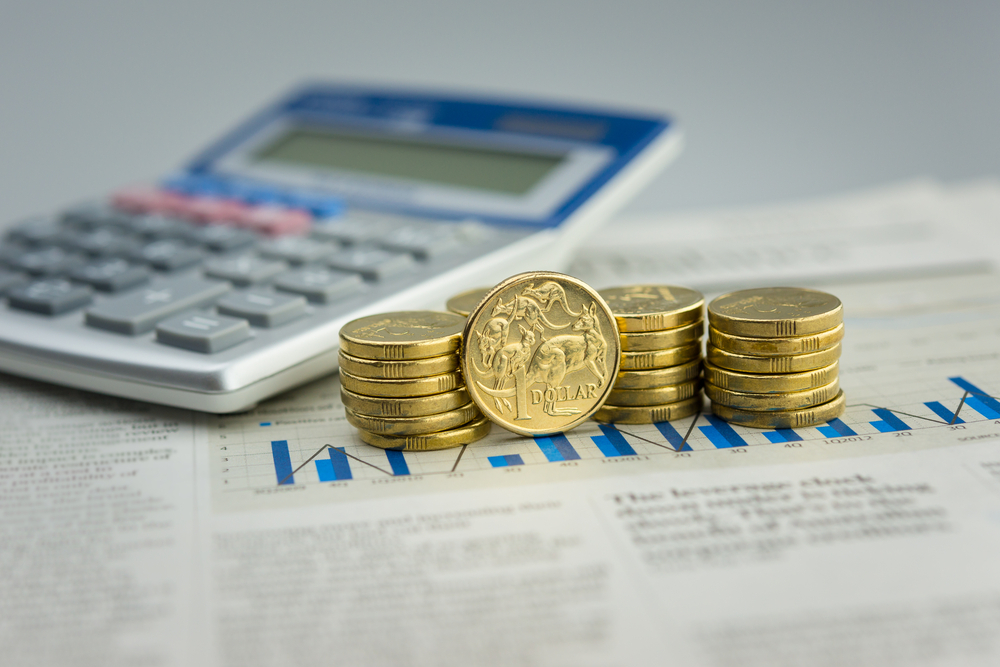If you are thinking about buying a business you will immediately ask the question: how should I go about valuing the business and how should I find out what it is worth? And given the emotions and dollars involved in buying a business or selling a business the task of valuing a business can be very difficult.
When it comes to the valuation of a business a few factors come into play:
How much cashflow and profit will the business make?
How safe is the forward cashflow and forward profits?
What are the restrictions on buying or selling the business?
What are the lifestyle factors?
What is the tax impact?
Show should I value a business?
The more money a business will make for the owner the more the business will be worth. And while there are stories of some businesses being sold for ridiculous sums of money that are not connected to their profits – this is rare. If a potential purchaser will generate more money from holding the business: they will have a greater capacity to repay a bigger bank loan to purchase it.
When it comes to looking at the forward cashflows and forward profits of a business: the greatest indicator of forward profits is the prior year profits and cashflows. And this is where clear cloud accounting records and 3 way forecasts modelling cashflow will be critical in understanding the level of forward cashflows and forward profits.
Often the prior year profits will not reflect the forward profits. A new government contract might now be held that will significantly increase revenue or the business might have relocated its factory with a significantly lower overhead – however these are typically adjusting factors. A business, with a new long term government contract will generate a much higher value when it operates with the contract in place for a few years and it can prove the profit impact of those contracts.
Quite often a person selling a business (or the broker acting for the seller) will include a series of “addbacks”. These can potentially be misleading and will need to be adjusted with reluctance and careful advice from your accountant.
How should I value a business?
Once you understand the quantum of forward cashflows the next item that will impact the value of the business is safety. If the level of forward profits and forward cashflow is secure and not significantly impacted by the skills of the buyer then the business will have a much higher value than a business that is risky.
A good example can be seen with fashion. A local Perth-based fashion designer, with one store in Perth, that is focused on the skills, personality and work ethic of the owner will be very risky to another purchaser. The new owner might have a different sense of flair to the previous owner and the new owner’s style may not connect with the existing clientele of the fashion label. If you compare this to some of the international luxury brands the skills of one person does not impact the brand. The brand has its own culture and a series of designers are working on perfecting and promoting the brands.
Apart from industry factors a range of other items can impact the forward safety of future profits. Having high quality accounting records in place that are backed up with staff contracts, restrictive covenants, long term supplier agreements, length of leases, a complete Customer Relationship Management System in place and advisory board minutes will all add to the overall governance of a business and the ability of another person to take over the business and operate it. In effect the governance is typically driven by the business CFO and helps a new owner step in and take over.
The process of documenting and clarifying the safety of forward profits and the overall governance of the business is critical in achieving a good sales price. And accountants will typically produce an Offer Information Memorandum for a buyer (which is often a variation of the business plan) which outlines the safety of forward profits and governance to increase the sales price of a business. The OIM will then be investigated under due diligence so it is important to make it factual.
Many businesses have restrictions on who can operate them. These restrictions can be government regulated or they can be a natural restriction. An example might be relate to the skills and education of the owners (like a medical practitioner owning a medical practice) to a natural barriers like mining companies that do not have access to a freight system to move product to the port.
The more restrictions about who can buy a business the lower the value of the business. These restrictions can be so significant that some businesses, although very safe and highly profitable, cannot be sold.
Engaging with a good accountant and a good lawyer will help you understand the government and business restrictions on transacting a business and will impact the price.
The other significant factor in understanding how much to pay for a business is the lifestyle impact. If the business will be family owned (as compared to ASX etc) the impact the business will have on the lifestyle of the family will significantly impact its overall worth.
If the business requires working hours in the evening it will be less appealing to a business that operates during ordinary hours. And if a business is in a remote area (say Port Hedland) the lifestyle impact is significantly less than that of a business in say – Busselton.
Likewise, if the business can be run under management – with no lifestyle impact to the potential owner – then the value of the business will increase again.
While the lifestyle impact may not be of significance to a particular person (say you) it does impact the market. So, dealing with a smart accountant or mergers and acquisitions advisor will give you a proper understanding that the businesses lifestyle impact will have on the business value.
A business is purchased with after tax dollars. While certain numbers like “EBIT” are often bandied around with business purchases and business sales – the after-tax profits are used to pay down debt and the family buying the business uses after tax profits to fund their lifestyle.
The way a business is packaged to a buyer can significantly impact the after-tax cost to a buyer and significantly impact the after tax profits to a seller. If your business being sold only consists of trading stock the tax profile of the sale will be very different if the sale is land only. Likewise earn-outs and ongoing salaries will have different tax impacts.
Sadly taxation can be a deal breaker for many business sales, mergers or acquisitions. So getting your tax lawyer or your taxation accountant on board early in the process can make the deal much easier.
When you are selling or buying a business you are making a significant investment. And that decision will hopefully impact your family long term – both in terms of lifestyle and opportunity. Getting advice from Westcourt on the purchase or sale of your business is a sound decision. We have one sole focus on families in business, we started our own business, we have deep global connections and we have technically excellent tax knowledge. And all of that gives you the best opportunity to make a transaction with eyes wide open – rather than encounter surprises and learn from mistakes during and after the transaction.






